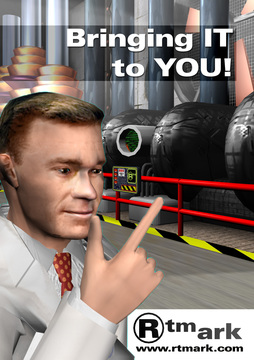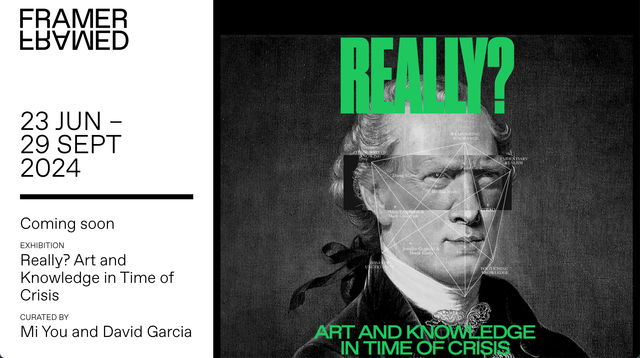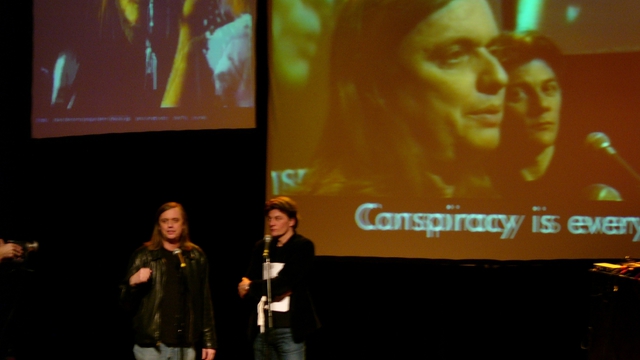Search results for 'art'
Tactics of Protest pre-reader
Red Tape event, RCA London, February 1, 2012.
Geert Lovink
Geert Lovink is a media theorist, net critic and activist.
"The Desire to be Wired"
1. Desire.
I come from a social and cultural context which has its languagetaboos, and among them a strong one refers to the libido. Desire is,therefore, something rather personal, and connecting it to the publicsphere might personalize the approach in a naive sense I learned toavoid. But since the same topic has been voiced last year in thecalling papers of the Enschede Photo Biennial, we might be dealing herewith a common place, therefore with a language defensive reflex, andthis is something useful to talk about.
Rita Raley
Rita Raley is Associate Professor of English, with courtesy appointments in Film and Media Studies, Comparative Literature, and Global Studies at the University of California Santa Barbara. Her primary research interests lie at the intersection of digital media and humanist inquiry, with a particular emphasis on cultural critique, artistic practices, and language (codework, machine translation, electronic literature, and electronic English).
Free Culture Forum
The FCForum is an international arena in wich to build and coordinate action around issues related to free/libre culture and access to knowledge.The FCForum brings together key organizations and active voices in the spheres of free/libre culture and knowledge, and provides a meeting point where we can find answers to the pressing questions behind the current paradigm shift.
ReadMichael Benson
Michael Benson is a writer, film-maker, and photographer. In recent years he has authored a series of illustrated books with space themes for Abrams, the leading publisher of art books in the United States. His new book, Far Out: A Space-Time Chronicle, was well in reviewed in The New York Times, The LA Times, and other publications. Benson's Beyond exhibition projects are based on his book Beyond: Visions of the Interplanetary Probes, which has been published in English, French, German, Spanish, Korean and Japanese. Beyond exhibitions of varying sizes have toured Europe and North America, and limited-edition prints from the Beyond project produced by Benson's company, Kinetikon Pictures, have been acquired by museums and private collectors.
Paul Virilio
Paul Virilio (b. 1932 in Paris) is a world-renowned philosopher,
urbanist, and cultural theorist. His work focuses on urban spaces and
the development of technology in relation to power and speed. He is
known for his coining of the term 'dromology' to explain his theory of
speed and technology. Paul Virilio is of mixed ancestry, being the son
of an Italian father (who identified as a Communist) and a Breton
mother. As a small child in France during the Second World War, Paul
Virilio was profoundly impacted by the blitzkrieg and total war;
however, these early experiences shaped his understanding of the
movement and speed which structures modern society. In order to escape
the heavy fighting in the city, he fled with his family to the port of
Nantes in 1939.
Richard Barbrook
Dr. Richard Barbrook was educated at Cambridge, Essex and Kent universities. During the early-1980s, he was involved in pirate and community radio broadcasting. He helped to set up Spectrum Radio, a multi-lingual station operating in London, and published extensively on radio issues.
ReadThe Need for Practice
Exhibition, Bratislava, May 23 - June 22, 2014:
We are living in a prolonged period of economic, social, political and
environmental crisis, in which the yearning for global, redeeming
visions of the future has become increasingly frustrating, if not
obsolete. However, it is not possible to live without expectations,
without being able to imagine better conditions, a more positive state
of affairs. And what if ? as many thinkers, cultural producers and
various practitioners propose ? instead of heading towards fixed images
of the future, we understand utopia, as a continuous process of becoming
in which we participate? That is, instead of viewing the future as an
end, a goal we should attain in an ever-delayed 'some day', we actualize
it in the present, perform it in the everyday?
Sarai - The new media initiative, Delhi
Sarai is a programme of the Centre for the Study of Developing
Societies, (CSDS) one of India?s leading research institutes with a
commitment to critical and dissenting thought and a focus on critically
expanding the horizons of the discourse on development, particularly
with reference to South Asia.
Facial Weaponization Suite (2011 - 2014)
Facial Weaponization Suite protests against biometric facial recognition–and the inequalities these technologies propagate–by making "collective masks" in community-based workshops that are modeled from the aggregated facial data of participants, resulting in amorphous masks that cannot be detected as human faces by biometric facial recognition technologies.
ReadMigrant Navigator Xtra Tools
No borders = No nations? History of unification of the Europe is militant: Roman Empire > Napoleon's Empire > 3rd Reich. Economy is powerful weapon. Now this has all changed! Test yourself: Say at least three differences of the European Union with previous forms of European unification. Compare the results with your family, friends, neighbours and people you don't like. Than try it with the Migrant Navigator to see the difference!
ReadWe Demand The Impossible:
An Interview with John Jordan and Gavin Grindon
Furtherfield interview with Gavin Grindon and John Jordan from the
Laboratory of Insurrectionary Imagination about the User's Guide to
(Demanding) the Impossible. Published by Minor Compositions.
Next 5 Minutes 4
Next 5 Minutes is a festival that brings together media, art and politics. Next 5 Minutes revolves around the notion of tactical media, the fusion of art, politics and media. The festival is organised irregularly, when the urgency is felt to bring a new edition of the festival together.
ReadFinissage Really? Art and Knowledge in Time of Crisis - 29 September 2024
On Sunday September 29 the exhibition Really? Art and Knowledge in Time of Crisis concludes with a series of interlocked conversations that explore how artists address the erosion of trust in knowledge and the rise of disinformation, through their investigative and critical practices.
Sunday September 29, 10.00 - 16.00
Framer Framed, Amsterdam
Hybrid off/online performance UKRAiNATV, 17.00 - 18.00
Next 5 Minutes 1
The Next Five Minutes is a conference, exhibition and tv program taking place between 8th and 10th January 1993 in Amsterdam, that wants to leave behind the rigid dichotomy between the mainstream, commercial and national tv on one hand and marginal independent tv on the other. Although these differences may still be important, N5M wants to focus on tv-makers crossing the borders of tv-making and going into the spaces that the tv-world still has to offer.
ReadWorld-Information Serbia
World-Information.Org is an trans-national cultural intelligence provider, a collaborative effort of artists, scientists and technicians. It is a practical example for a technical and contextual environment for cultural production and an independent platform of critical media intelligence.
Read


